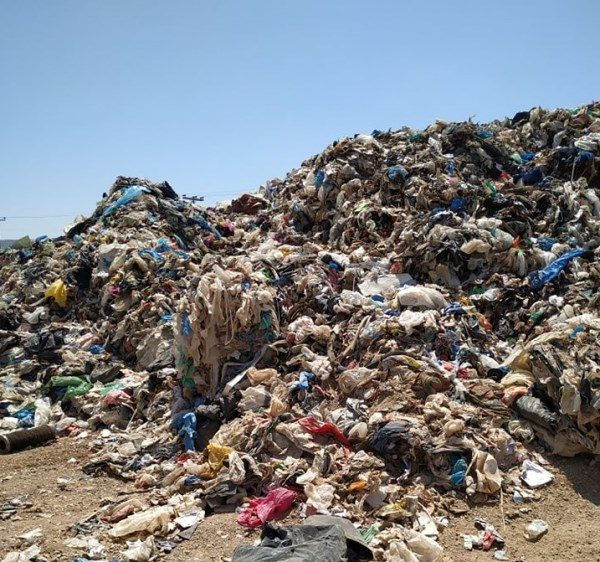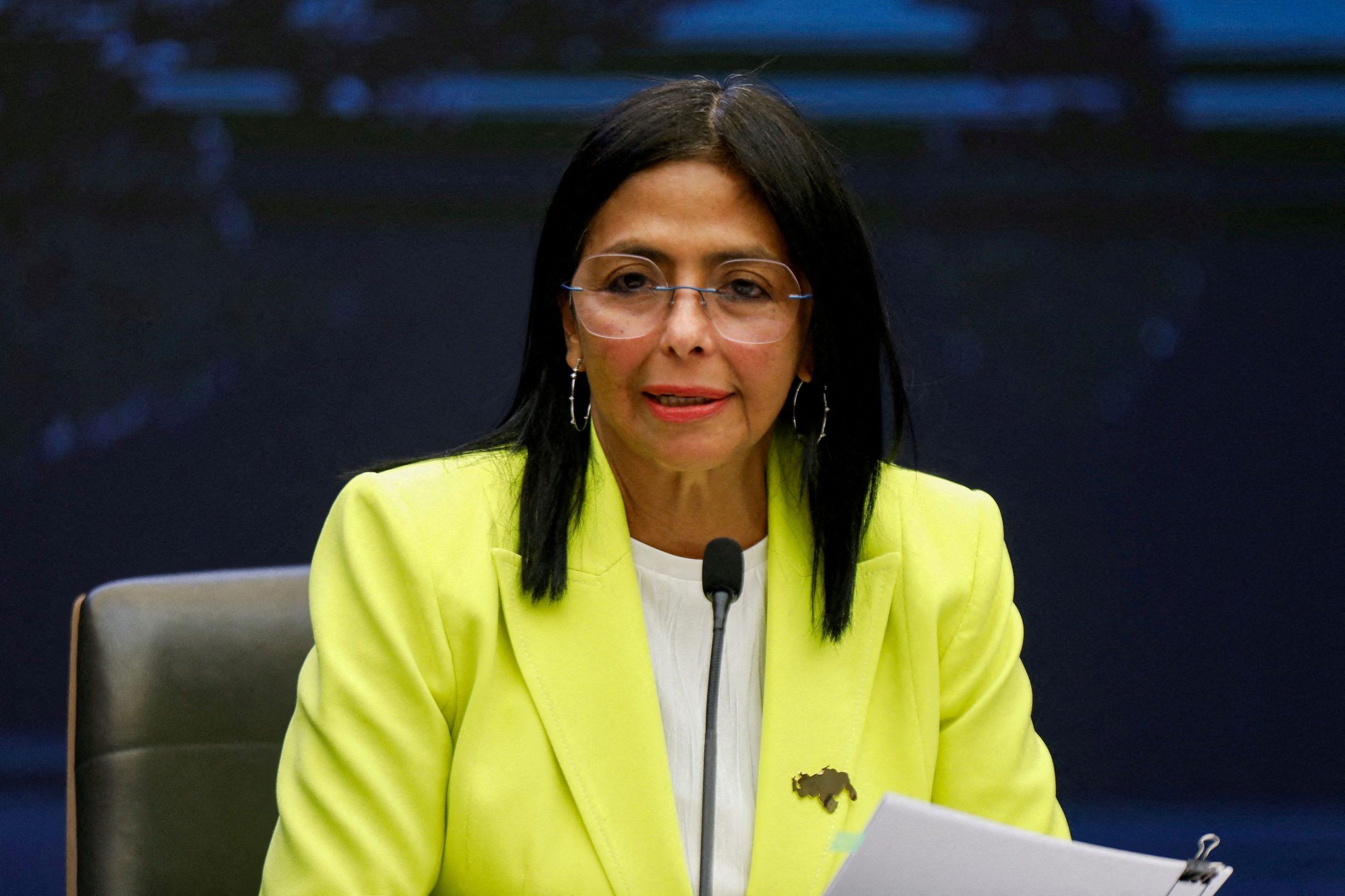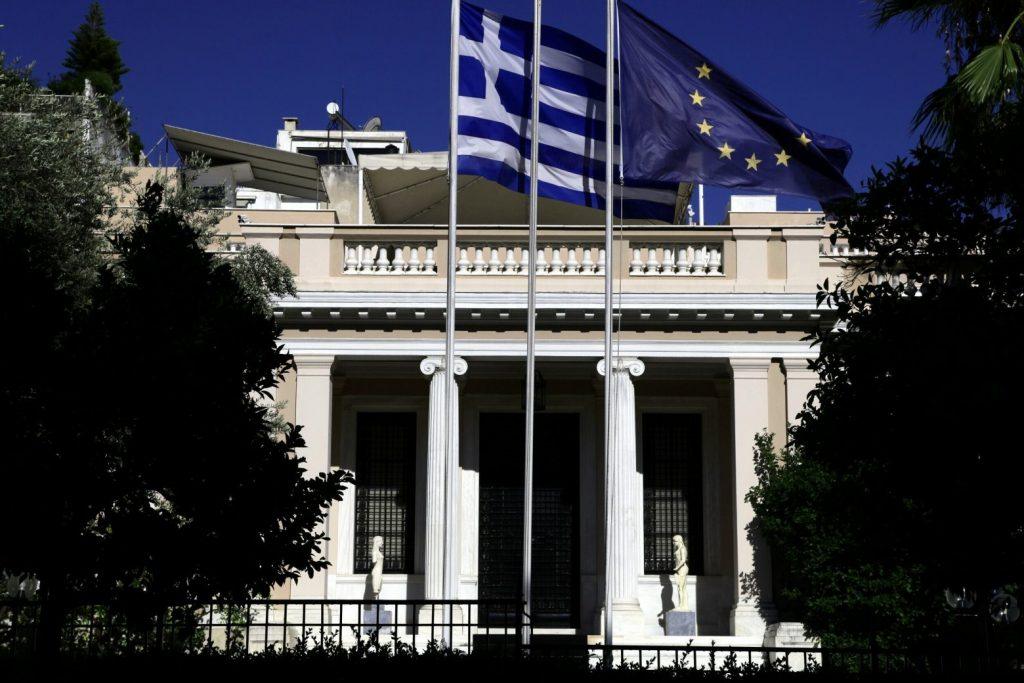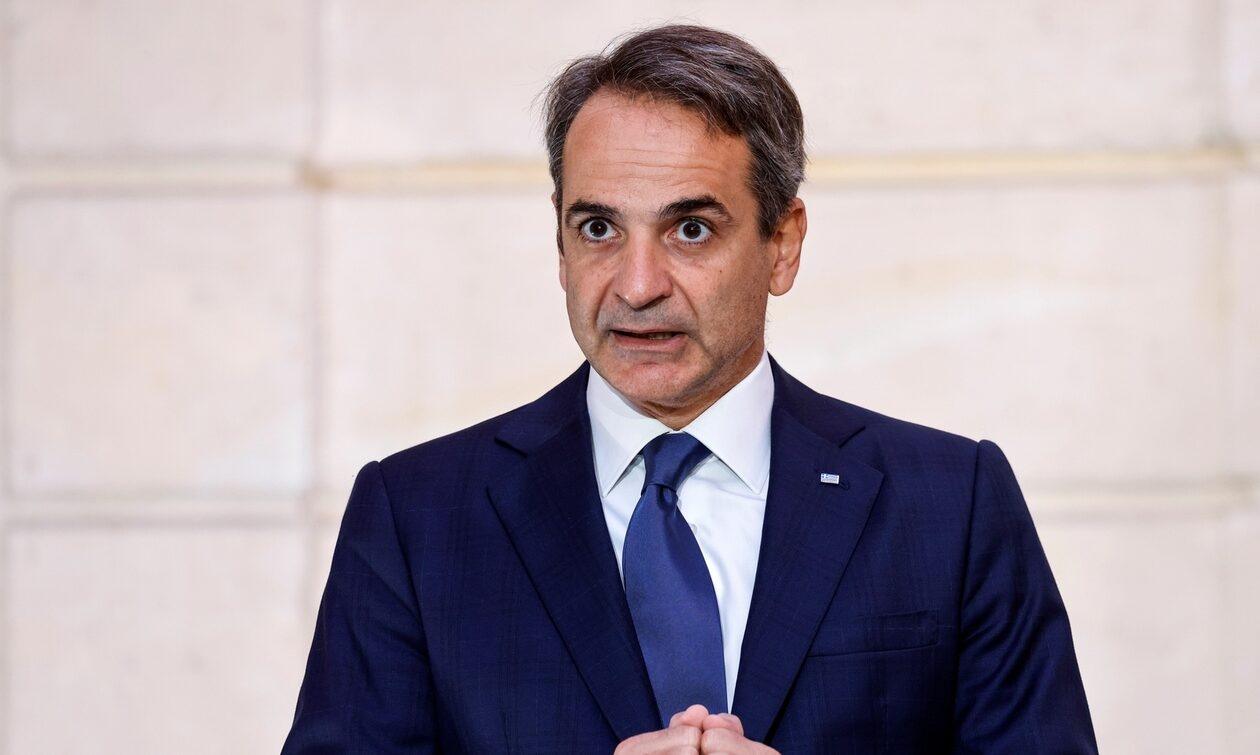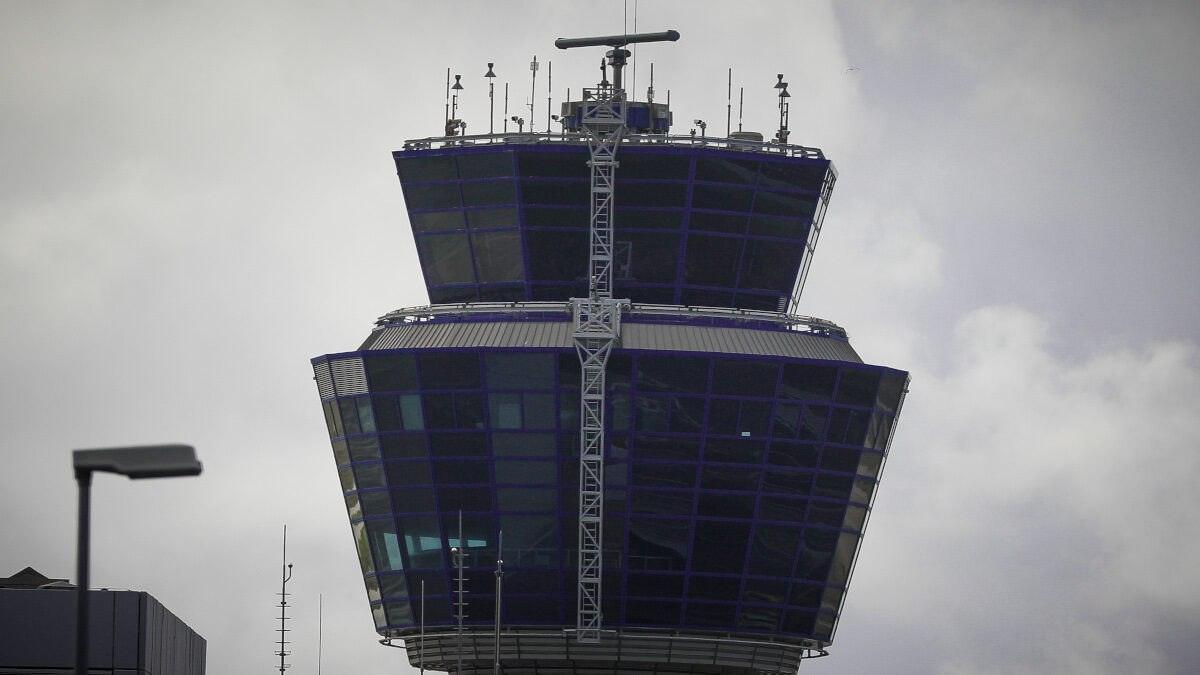The government decided to withhold from municipalities the 60 million euros that they should have paid for the 2022 waste burial fees. In particular, an amendment that was added to the last bill that was passed just before the closing of Parliament, last Tuesday,foresees that the Ministry of the Interior undertakes to pay the specific fund instead of the municipalities to the Hellenic Recycling Organization (EOAN).
However, the amount still burdens the municipalities, as the 60 million euros will be withheld in 2024 from their regular funding from the state budget. According to the new arrangement, an additional amount owed by the municipalities for the burial fee of 2022, beyond 60 million euros, will be paid by the municipal authorities.
The regulation
The regulation has already provoked the reaction of the Central Union of Municipalities of Greece (KEDE) because, as it claims, it does not respond to the request of the municipalities for the suspension of the payment of the burial fee until December 31, 2023. The rationale of the local authorities is summarized in the decision of the last KEDE conference: “It is not possible to ask the Municipalities and citizens to pay for the lack of necessary infrastructure for environmentally friendly waste management, the planning and implementation of which is the responsibility of the central state”.
A landfill fee is imposed from January 1, 2022 for the quantities of untreated municipal waste disposed of in landfills as well as for municipal waste processing residues that result (or will result) from municipal waste processing units (Recyclable Materials Sorting Centers (KDAY ), Biological Waste Treatment Units (WWTP), Mechanical Biological Treatment Units (WWW), and municipal waste incineration units) that also end up in landfills.
The debtors
Obliged to pay the burial fee are the country’s 22 FoDSAs (Solid Waste Management Agencies) and the municipalities or legal entities that belong to the local governments and exercise the responsibilities of the FoDSAs. The burial fee is set at 20 euros per ton of waste from 1/1/2022 and will increase annually by 5 euros per ton and up to the price of 35 euros per ton in 2025. From 1 January 2026 the burial fee is set at 45 euros per ton of waste and will increase to a price of 55 euros per ton from January 1, 2027, a price that will remain constant for the following years.
In case of payment of the fees after the deadlines, the law stipulates that a fine equal to 2% of the burial fee corresponding to the amount due must be imposed by the Hellenic Recycling Organization, which will be compounded with an interest rate of 2% for each month of delay. The burial fee, according to the amendment, except for the year 2022, is taken into account when drawing up the pricing regulation of the Solid Waste Management Agencies, is included in their annual management costs and is distributed to all municipalities. The Solid Waste Management Agencies should have already included the burial fee when drawing up the pricing regulation and should have included the corresponding amount in their budget.
A recap of the issue
The imposition of a special burial fee had already been foreseen since the beginning of 2012 (law 4042/2012). For the first year of its enforcement, i.e. 2014, it was set at 35 euros per tonne of waste and increased by 5 euros per tonne up to the amount of 60 euros per tonne. However, in 2015 by an Act of Legal Content the date of application of the burial fee was suspended until 31.12.2016.
But that date was not met either and in 2019 (law 4609) the imposition of the fee was postponed to 1 January 2020 and the amount of the environmental levy was set at 10 euros per ton of waste and from 1.1.2021 it would increase annually by 5 euros per ton until 35 euros per ton (and not 60 euros as stipulated by the previous law). The law was changed again in 2021 (n. 4819/2021) so the date was again postponed to January 1, 2022, gradually increasing the amount of the fees.
